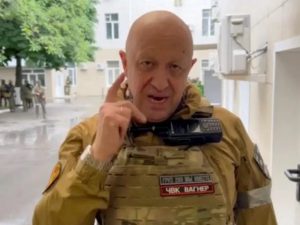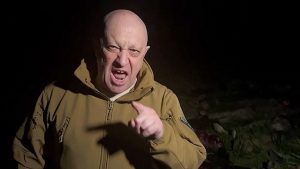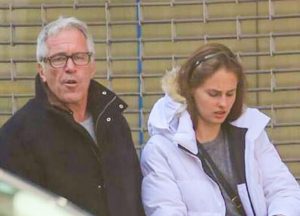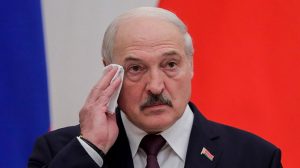Belarus opposition leader Svetlana Tikhanovskaya is due to speak via video message Friday to a UN Human Rights Council debate on allegations of torture and other serious violations in her country.
Tikhanovskaya figures alongside UN rights chief Michelle Bachelet and other speakers lined up for a rare urgent debate before the council, set to focus on violations in Belarus and in particular the crackdown on protests over the disputed re-election of President Alexander Lukashenko.
Unprecedented demonstrations broke out in Belarus after Lukashenko claimed to have defeated Tikhanovskaya with 80% of the vote on August 9.
Lukashenko, who has ruled the ex-Soviet state for 26 years, has refused to step down and has turned to neighbouring Russia for support to remain in power.
His security forces have detained thousands of protesters, many of whom have accused police of beatings and torture. Several people have died in the crackdown.
The European Union, which had requested the urgent debate, has tabled a draft resolution expressing serious concern over “credible allegations of human rights violations that have taken place in Belarus in the run up to the 2020 presidential election and its aftermath.”
It points in particular to numerous allegations of “torture and cruel, inhuman or degrading treatment or punishment by law enforcement and prison officers, including in prisons and detention centres, which urgently require an independent investigation.”
It also expresses concern over widespread attacks, harassment and intimidation targeting the political opposition, rights defenders and journalists, and attacks on the media through the revocation of foreign media accreditations and with internet shutdowns.
The draft text calls on Belarusian authorities to “enable independent, transparent and impartial investigations into all allegations of human rights violations in the context of the election,” and “to guarantee access to justice and redress for victims as well as full accountability of the perpetrators.”
And it calls on the office of UN rights chief Michelle Bachelet to closely monitor the situation in the country and to present her conclusions in a report during the next council session in March 2021.
Bachelet has condemned the alleged torture or ill-treatment, including of children, by the authorities in their response to the demonstrations in Belarus.
The decision to hold the debate was reached with the backing of 25 of the council’s 47 members and with only two countries, Venezuela and the Philippines, flat-out opposing.
But despite the strong support, the discussion will likely be lengthy after Russia — Lukashenko’s main ally — proposed over 20 amendments to the EU draft resolution.
Discussions on Friday will mark only the sixth time in the council’s 14-year history that it has agreed to hold an “urgent debate”, which is a special debate agreed upon within a regular session of the council.
During its last session in June, the council held an urgent debate over racism and police brutality following unrest in the United States and beyond over George Floyd’s death.




